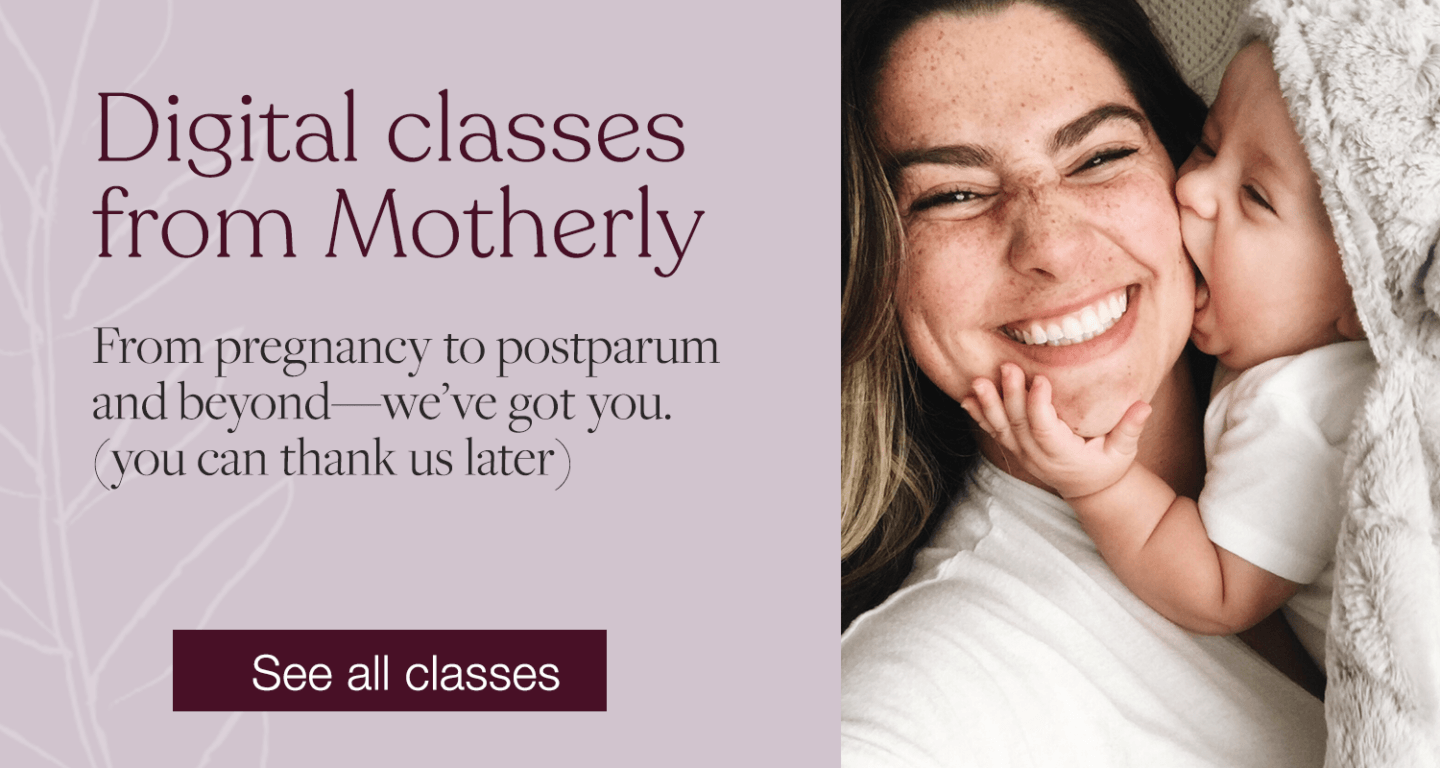5 surprising facts about giving birth the second time around
You might feel more cramping after birth—but also more confidence.

Orbon Alija/Getty
We independently select and share the products we love—and may receive a commission if you choose to buy.
There’s no question that preparing for giving birth the first time can come with a lot of questions. For many, the first time they experience birth is when they are giving birth themselves (except for watching it on TV—which, P.S., is almost never accurate). When it comes to giving birth a second time, you may find that you still have a lot of questions. Sure, you’ve done it before, but giving birth is always a big deal, and it’s natural if you find yourself wondering whether your second birth will be different from your first.
Every birth is different. This is especially true if the “type” of birth differs—for example, if you had a C-section birth the first time and are planning a VBAC (vaginal birth after Cesarean) for your second birth. If you are having a second vaginal birth, it will likely be at least a little different than your first—though it’s impossible to say for certain how your second birth will differ.

What you might experience giving birth the second time
1. Your second labor might go faster
While first labors usually last an average of 18 to 24 hours, second labors tend to clock in much shorter, with an average of about 8 hours. Certainly, this will vary, but many pregnant people do experience a faster birth the second time around.
Once you’ve given birth, your muscles and ligaments will relax into the process more readily, since everything has been stretched already, so the baby will move down more easily. Your cervix can also dilate (open) faster.
Related: This viral photo of the cervical dilation process is incredibly eye-opening
2. Pushing is often faster in a second birth, too
The muscles and ligaments in your pelvis and vagina have already done the work of making room for and pushing out a baby, so the second time generally goes faster. This varies too, but first-time moms can push anywhere between 20 minutes and 3 hours, while second-time moms are usually done within an hour (often even faster). Learning how to push can be a little awkward at first. But second-time moms already know how to do it, so they tend to push more effectively from the get-go.
3. You may–or may not—go into labor sooner with your second birth
Your baby’s due date is at the 40-week mark of pregnancy. You’ve probably heard by now that your baby’s due date is just an estimate based on the first day of your last period.
The average first-time mom will give birth at 39 weeks and 5 days. Anecdotally, second-time moms often say that their second baby arrived a few days earlier than the first, but surveys show they generally arrive right around the same time as the first. The idea that second babies come sooner may be a myth.
However, one study found that if the gap between pregnancies is shorter than one year, the second pregnancy is more likely to be slightly shorter.
Waiting for the baby to come never gets easier though. If you’re at your due date and want to try to get things going, here are some ideas. But as you know, once it starts there is no turning back, so try to enjoy these last moments as a mama of one!
Digital classes from Motherly
4. You might feel more cramping during postpartum this time around
Many experience cramping for the first three to five days when they breastfeed or chestfeed. When the baby latches, your body releases the hormone oxytocin, which helps you fall in love with your baby, but also makes your uterus cramp in order to stop the postpartum bleeding and to shrink back down to its pre-pregnancy size.
5. You might feel more confident—in birth and motherhood
Even though your second birth will be different than your first, you have been through the process, and know a bit more about what to expect. You’ll trust that your body can do it, and above all, you know what you get out of it all—the sweetest little reward ever. Many moms find that they enjoy motherhood more the second time around, because they worry less and trust themselves more. And if you don’t, remember you can always reach out for help.
A version of this post originally appeared on May 17, 2021. It has been updated.


